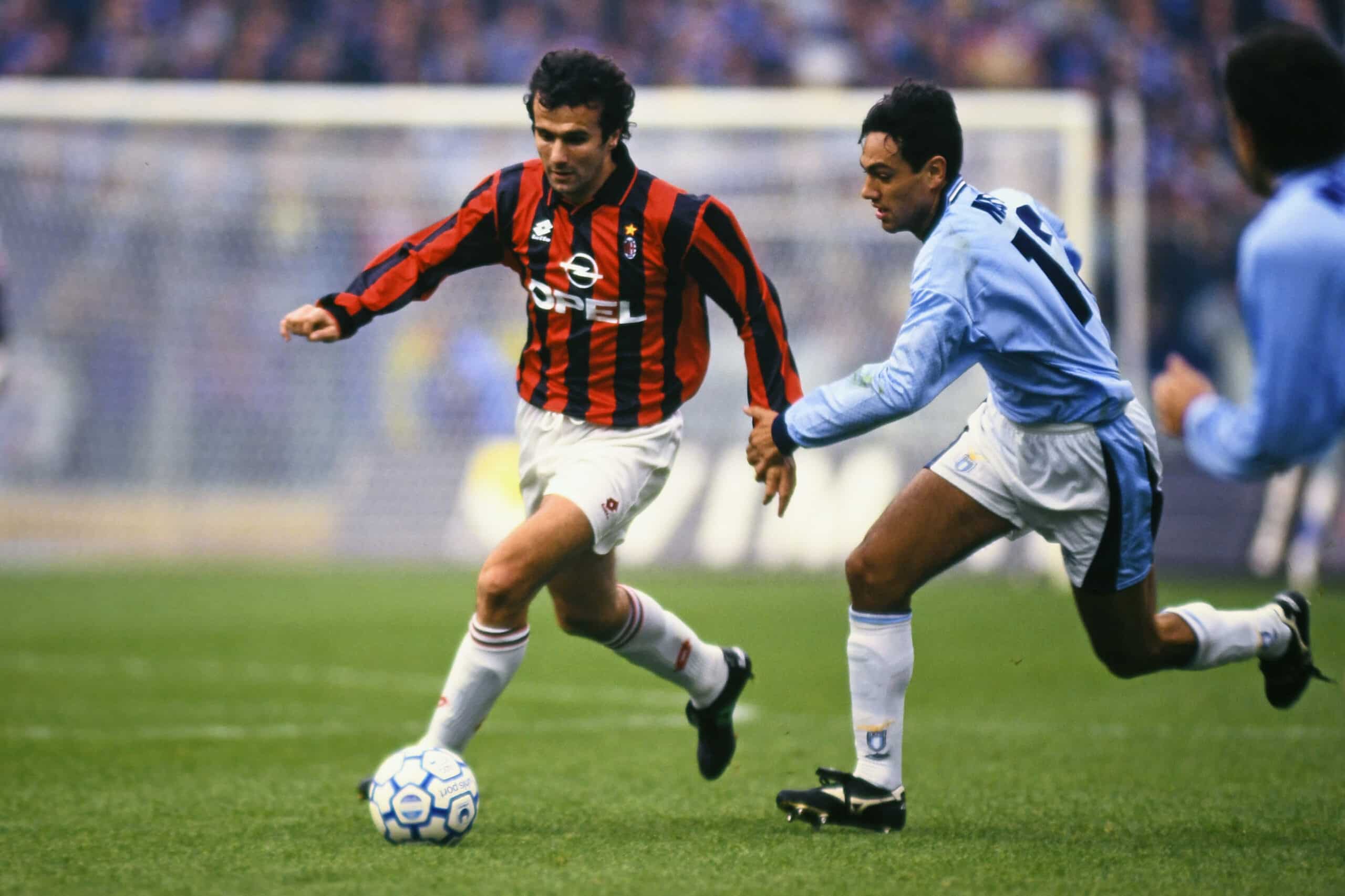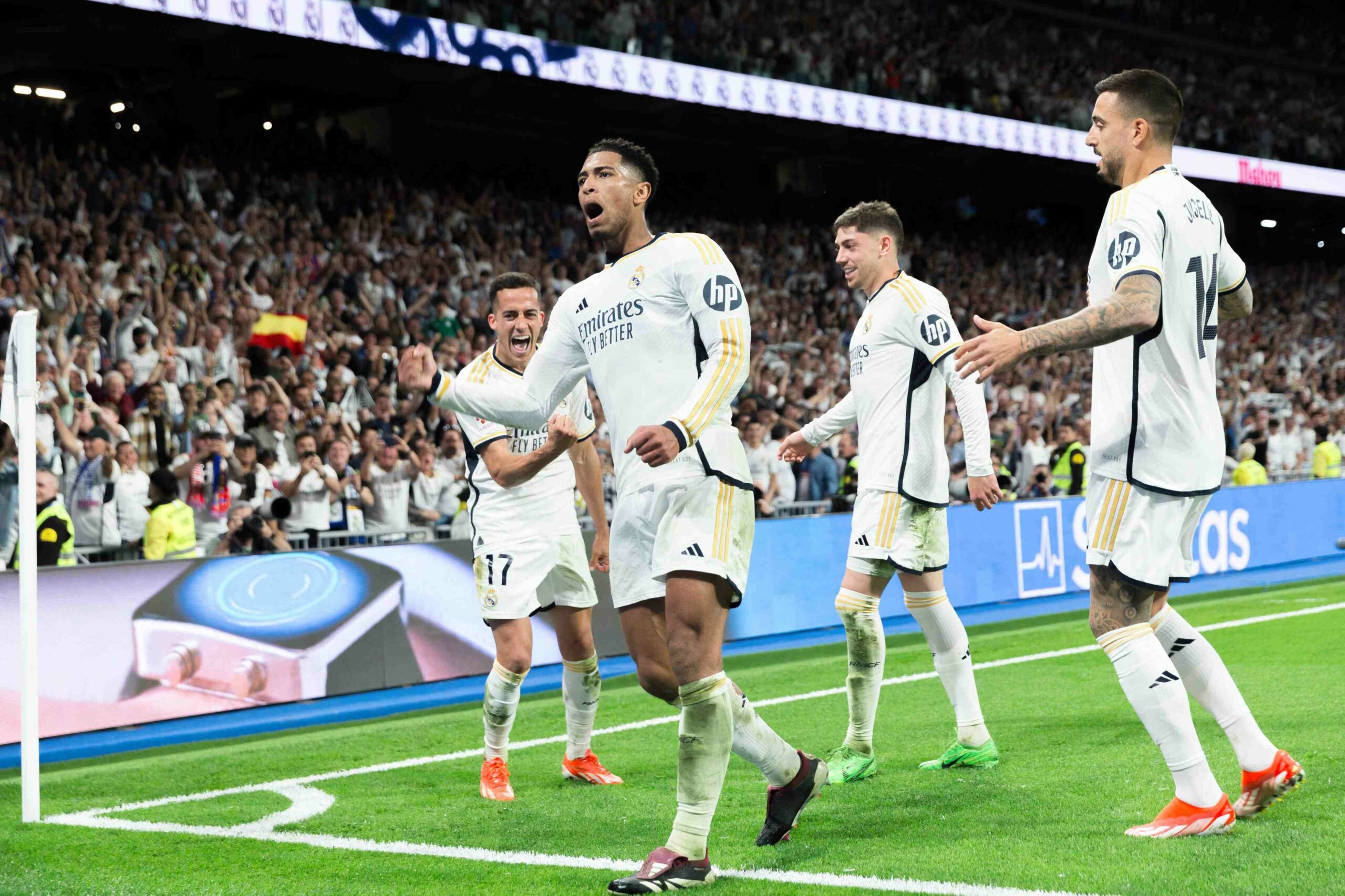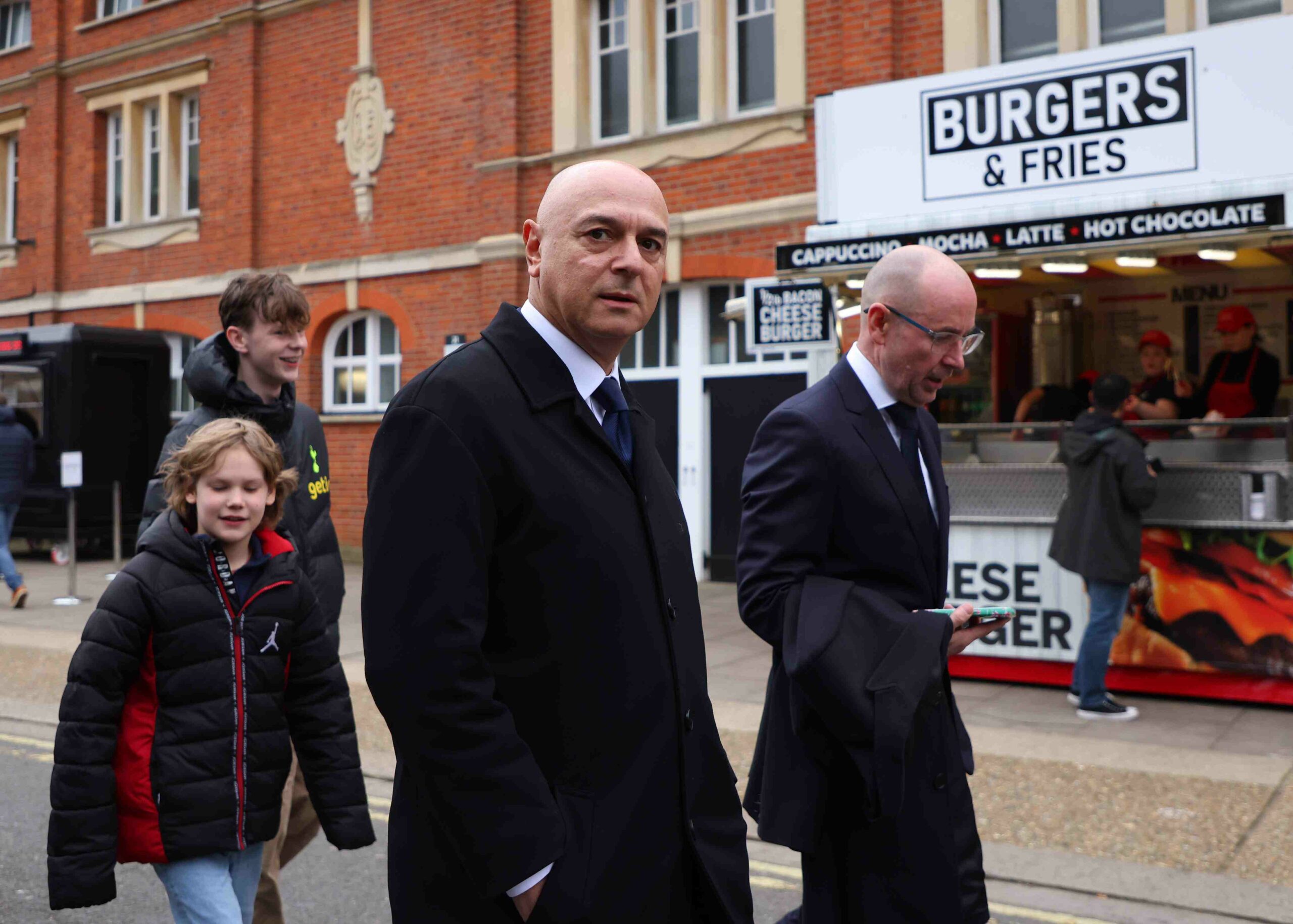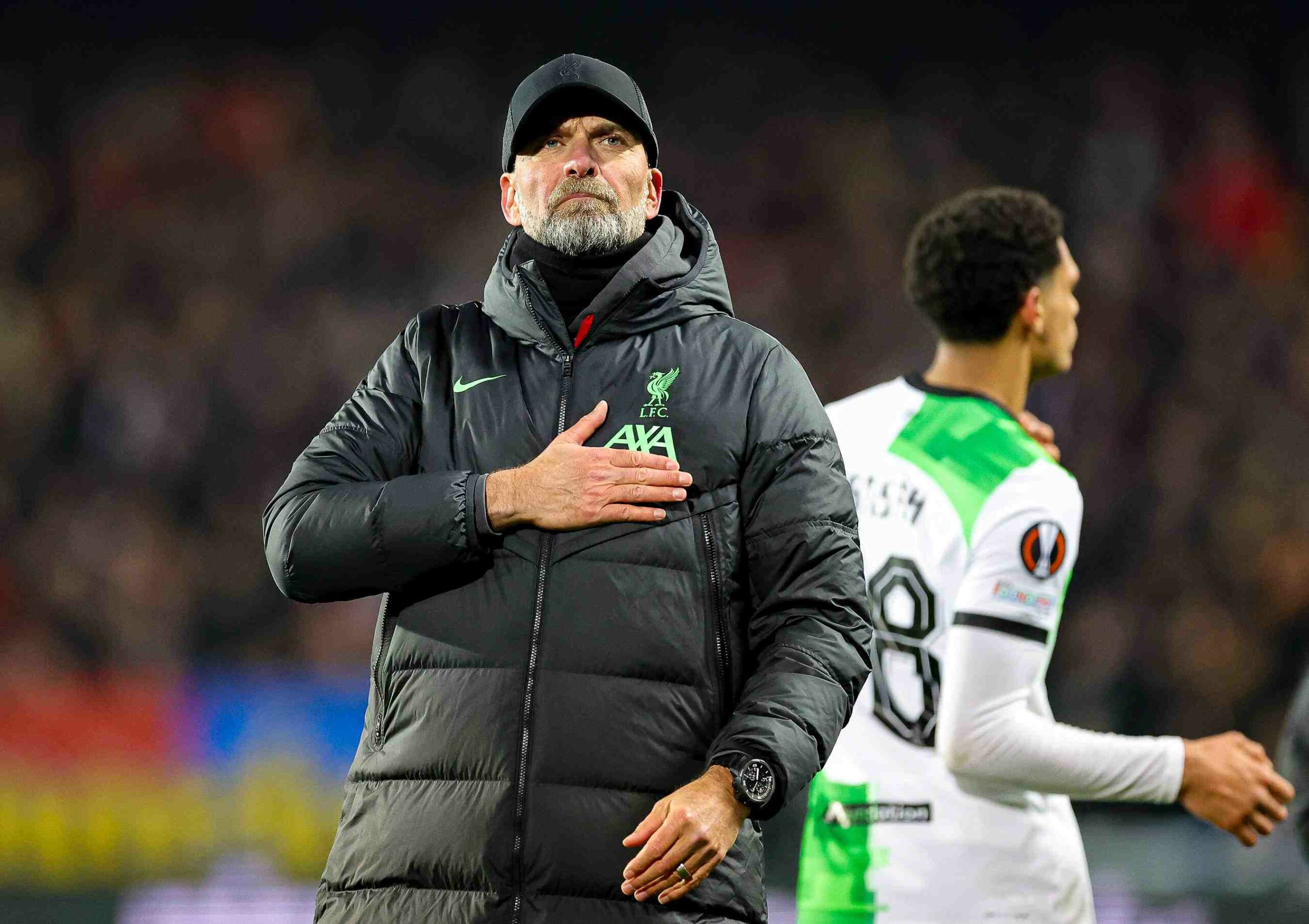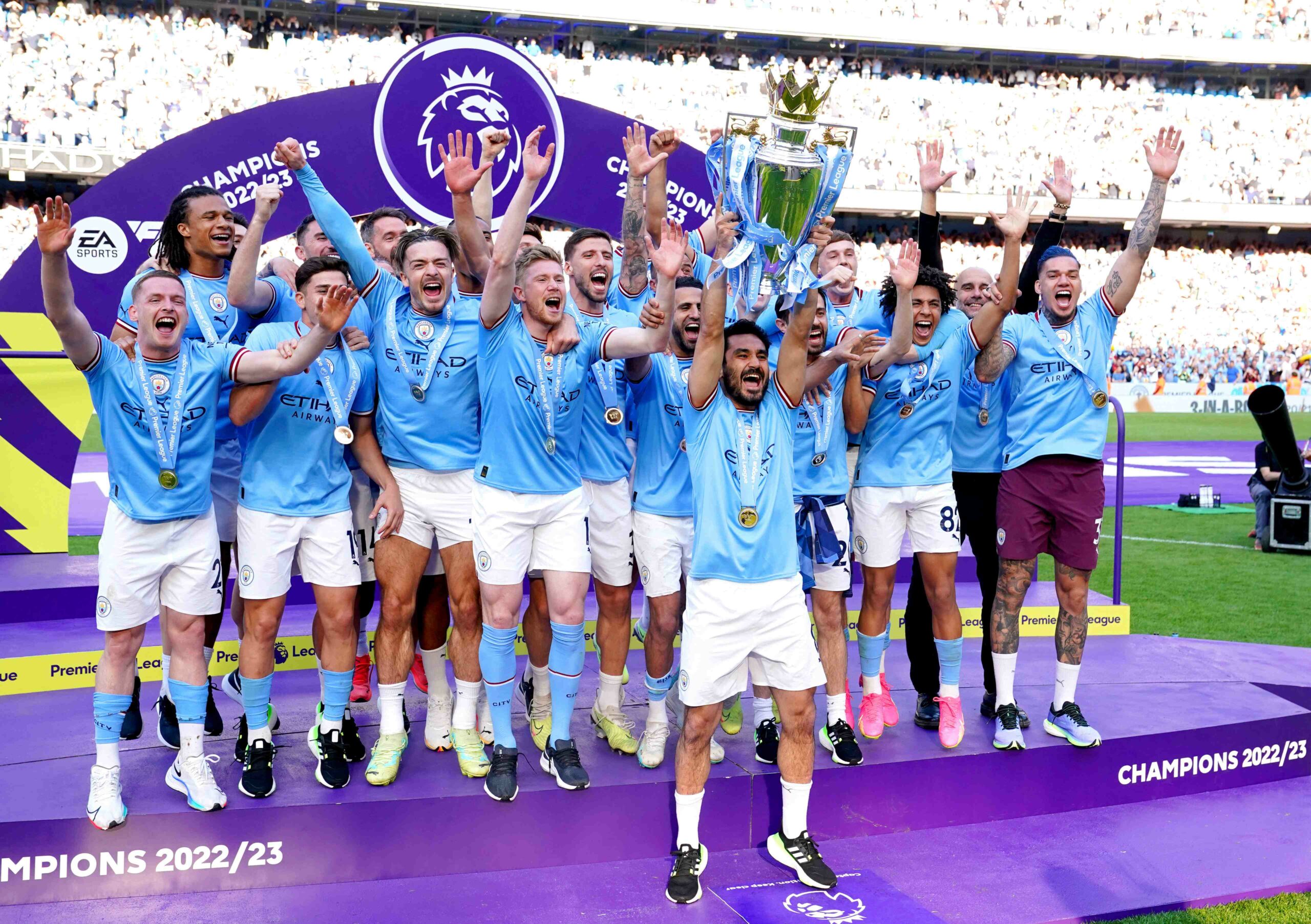Dejan Savićević – Arrogant and Lazy or Misunderstood Genius?
Savićević is a cult hero in his home country of Montenegro, and during the 1990s, he was considered one of the best players in the world.
However, while he certainly had the skills and undeniable talent, Il Genio, or “The Genius” as he was known by fans, failed to achieve the accolades of other footballers during this time.
His frequent bust-ups with coaches and teammates earned him notoriety, and his attitude was often criticised as being lazy and arrogant. So was Savićević as good as fans remember him being, or was his genius simply overrated?
Basic Facts
Birth: 1966
Country: Montenegro
Position: Attacking midfielder
Clubs
FK Budocnost (1983-1988)
Red Star Belgrade (1988-1992)
AC Milan (1992-1998)
Red Star Belgrade (1999)
Rapid Wien (1999-2001)
Stats
Club football: 346 appearances 98 goals
National team: 56 appearances 19 goals
Read also:
Dejan Savićević Biography
Beginnings
Dejan Savićević grew up in Yugoslavia with a mother and father who worked at the state-owned Titograd railway transport company. From an early age, he took a keen interest in playing football, mostly playing with friends in the streets on concrete surfaces outside his apartment building.
In 1979, he joined the youth setup of FK Budocnost, his local team. However, this would only last three months, as he quit once his youth coach joined the first team.
Two years later, he began playing structured football once more, joining the youth setup of OFK Titograd. Although he was fifteen years old by the time he joined the Titograd youth teams, he quickly developed his abilities under the coaching of Vaso Ivanovic.
Aside from this, he also played in futsal tournaments, known as mali fudbal in the Balkans. Often competing against full-grown men, he quickly proved himself to be a skilful and determined player who was more than capable of holding his own.
Professional Career
After just over a year in OFK Titograd’s youth setup, Savićević joined the men’s team at the age of 16 years old. At this time, the club were struggling in the second league of the Yugoslav East Division.
Shortly after joining the squad, he played in a friendly tournament during the winter break and was spotted by Milutin Folić, the head coach of FK Budocnost. By the end of the winter break in 1983, Savićević had transferred to Budocnost without ever playing a game for the Titograd senior side.
In his first season for Budocnost, Savićević got off to a great start when he made his first start and scored his first-ever professional goal against Red Star Belgrade.
While his options were limited that season, he was made a first-team player in his second season, reaching 29 league appearances while scoring six goals. However, Budocnost struggled in the league and barely avoided relegation, which created friction within the club and led to a bust-up between Savićević and veteran player Vorotovic.
Moving to Belgrade
Savićević stayed at Budocnost for another three seasons, receiving his first professional contract and scoring 36 goals in a total of 130 appearances.
Budocnost struggled in the league, but Savićević attracted a lot of attention from the bigger Yugoslavian clubs. In 1988, he joined Red Star Belgrade, who had a potent attacking team with a lot of talent.
Unfortunately, he spent his first season at Belgrade in the Yugoslav People’s Army after receiving a mandatory call-up. Luckily, he was still able to compete in European and national games, and he made his debut for Belgrade in a 3-0 win against Dundalk, scoring his first goal for the club. His remaining seasons at Red Star Belgrade were a huge success, as he helped his team win three consecutive titles as well as the European and Intercontinental cups in 1991.
1990 World Cup
Savićević got his chance to impress for his country during the 1990 World Cup, which was hosted by Italy.
He had an excellent performance against France during the qualifiers and also scored a hat trick against Cyprus, helping Yugoslavia top their qualifying group.
Going into the World Cup, he has a great chance for regular minutes, but he only featured in the opening defeat to West Germany in their group-stage fixture.
Later on in the World Cup, he had a chance to impress against Spain in the first knockout round. Although he started on the bench, he came on at halftime with the score level at 0-0. He would later win the freekick that would result in the winning goal for Yugoslavia, putting them against world champions Argentina next.
Yugoslavia looked strong in the quarter-final but unfortunately had to make do with ten men due to a red card in the 31st minute. Later on in the game, Savićević would once again come off the bench for a chance to make a difference. Only this time, he wasted his best opportunity, and Yugoslavia narrowly lost on penalties after extra time.
Joining AC Milan
In 1991, thanks to the success of Red Star Belgrade, Savićević attracted worldwide attention, coming joint second in the European Footballer of the Year award and named the best Yugoslav athlete. His accolades and talents drew interest from some of the biggest clubs in European football, and as part of their efforts to compete for the Serie A title, AC Milan signed Savićević for the equivalent of £9.4 million.
Then coached by Fabio Capello and bankrolled by Silvio Berlusconi, AC Milan were one of the most powerful clubs in Europe and that summer ahead of the 1992-93 season, they spent £34 million, and they had just won the title unbeaten the previous season.
When he first arrived, Savićević struggled for game time, such was the quality of the squad. He only made ten appearances in his first season, and the likes of Marco van Basten and a 32-year-old Ruud Gullit were preferred over him.
Feuding with Fabio Capello
Capello was not keen on Savisevic, who had reportedly been a Berlusconi signing. He mostly preferred hard-working players and spoke of his commitment negatively in an interview, saying that Savićević had “a Yugoslav style, he was a star, and the others had to run for him”.
In addition, Capello completely excluded him from the initial Champions League squad, and this led to the pair frequently falling out during his time at the club.
By the end of his first season, Savićević had managed to score seven goals in a total of 17 appearances, but although Capello wanted him gone, Berlusconi refused to sell him, seeing his talent. However, things started looking better for him at the start of the next season as his two main rivals in the starting eleven moved on. Gullit moved on for more playing time, while van Basten took a year off to heal his ankle injury.
Despite this, the feud between Savićević and Capello continued, as he still struggled to get first-team minutes. He was regularly left out of big games against title rivals as well as European fixtures, leading to Savićević refusing to travel with the team to a reserve game. Despite this, he still had a lot of adoration from the fans and media, who dubbed him Il Genio. In addition, it was Berlusconi’s personal relationship and support for Savićević that kept him at the club.
The 1994 Champions League Final
The 1994 Champions League final saw Savićević finally live up to the expectations of the Milan fans and prove Berlusconi and his admirers in the media right. In the build-up to the final, Sevicevic had impressed by scoring twice against Werder Bremen. At this point, Milan were heading to the final, but they would be without both starting central defenders Baresi and Costacurta, who were suspended. In addition, they were facing a high-scoring Barcelona coached by Johan Cruyff.
Capello decided to switch things up tactically for the final, instead opting for a more attacking style versus the Catenaccio style that had seen them concede just 15 goals in the league. This change benefitted Savicevic, giving him more freedom to run with the ball and attack the space. He set up the first goal for Daniele Massaro before scoring an audacious lob from 35 yards to beat legendary Barcelona keeper Andoni Zubizarreta. The game finished 3-0, and most fans agreed that it was one of the best-ever Champions League final performances from Savicevic.
After this performance, Savićević gained more recognition and found himself in the starting lineup far more often. However, there were still irreconcilable differences between them. He helped take them to their third successive Champions League final the following season, scoring twice against Paris Saint-Germain in the semi-final. Despite this, he was left out of the squad for the final, with Capello claiming he was injured, and they eventually lost to Ajax.
Later Career
His career at AC Milan was a success overall, seeing him win three league titles, a European Cup and a European Super Cup while scoring 34 goals in 144 appearances. However, he could never shake off the accusations of laziness and poor work ethic, despite his skills. He would frequently not try against smaller teams and would go through inconsistent spells, leading to frustration from fans. He returned to Red Star Belgrade for a short spell which was unfortunately cut short due to war.
From there, he headed to the Austrian Bundesliga, where he played for Rapid Wien for two seasons before retiring in 2001 due to persistent injury problems. Over the course of his career, Savićević showed that he was a brilliant and often mercurial talent. Although hailed as a genius by many, his inconsistency and unwillingness to work for the good of the team often put him at odds with his managers and teammates. Still, he goes down as a legend of Montenegrin football and now works with the FA of his home country.
Dejan Savićević Career Stats Breakdown
Club career:
Red Star Belgrade (1985-1989): 107 appearances, 29 goals
Milan (1989-1995): 188 appearances, 37 goals
Barcelona (1995-1996): 37 appearances, 3 goals
Napoli (1996-1997): 27 appearances, 2 goals
Red Star Belgrade (1997-1998): 25 appearances, 2 goals
Atletico Madrid (1998-1999): 32 appearances, 4 goals
International career:
Yugoslavia national team (1988-1995): 73 appearances, 22 goals
Savićević was a highly skilled and creative midfielder known for his dribbling ability and vision on the pitch. He won numerous accolades throughout his career, including the European Cup (now known as the Champions League) with Red Star Belgrade in 1991 and with Milan in 1994. He was also named the UEFA European Championship Player of the Tournament in 1992, when Yugoslavia finished as runners-up in the tournament.
Dejan Savićević Most Memorable Performance
One of Dejan Savićević’s most memorable performances was probably his performance in the 1992 UEFA European Championship. Savićević was a key player for the Yugoslavia national team in the tournament, and he was named the UEFA European Championship Player of the Tournament after leading Yugoslavia to the final.
In the final, Yugoslavia faced Denmark, and Savićević scored a stunning goal in the 19th minute to give his team the lead. The goal was a long-range shot from outside the box that curled into the top corner of the net. Despite Savićević’s goal, Yugoslavia eventually lost the match 2-0 to Denmark.
Savićević’s performance in the 1992 UEFA European Championship is widely remembered as one of the best individual performances in the history of the tournament. His skill and creativity on the pitch were a key factor in Yugoslavia’s run to the final, and his goal in the final is still remembered as one of the most incredible goals in the tournament’s history.
